Treatment of edentulism (missing teeth) with a dental bridge is one of the most common and effective methods. A dental bridge allows for the restoration of both chewing function and smile aesthetics. It is a fixed prosthetic construction that is supported by healthy adjacent teeth and fills the space of a missing tooth. In this article, we will discuss what a dental bridge is, the types available, and how the placement process is carried out.
To book a visit, sign up for a consultation. To clarify the details, our operator will contact you.
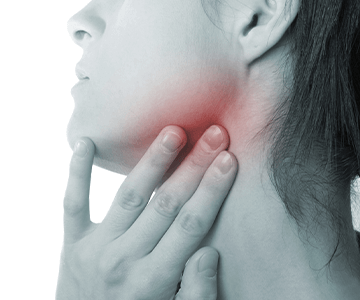
What causes Jaw and Facial Pain and how to treat it
20 December 2021
Often dentists are confronted with patients who are suffering from head and facial pain. The pain is often not only dental but has a complex mix of causes.
Causes of Jaw and Facial Pain
Pain in the jaw joints can be of two types: acute or chronic. The most common cause of acute jaw joint pain, which is limited in time of occurrence, is acute jaw joint inflammation, caused by leaving the mouth open for extended periods of time, such as during dental treatments. The consequence is jaw joint effusion, which refers to a collection of fluid and/or blood in the joint interior. It can occur because of various reasons, including rheumatic conditions, mechanical injuries, and bad posture. The most common cause, however, is over straining of the joint from activities like extended and intensive opening of the mouth during dental checkups.
Jaw Pain Treatment
According to the cause, treatments vary. In general, cooling ice wraps and resting the joint for a few days helps. This means no chewing gum or food requiring intensive chewing. In addition, gentle mouth opening exercises should be performed.
If the cause of Jaw Joint Pain is Jaw Joint arthrosis (Intra-articular cartilage wear) due to reduced bite in the back region of the jaw, the bite is first restored using an occlusal splint ( Tool used to treat dysfunction of the jaw), which is eventually followed by well-fitting dentures. This leads to the desired transfer of chewing forces away from the jaw joint and towards the jaw bone via the teeth. In principle, only easily reversible methods should be used for the treatment of jaw joint pain because facial pain often has multiple causes. The patient usually wears the occlusal splint overnight. If pain reduces with this splint, a definitive bite reconstruction will be facilitated through new crowns and/or implants.
Jaw Joint Cracking
Jaw Joint Cracking normally do not cause pain. Jaw joint cracking is a common symptom in patients with forced mouth openings. The causes of joint cracking have not been fully identified. Air bubbles in the synovial fluid (Internal fluid of the joint) are identified as the most common explanation (cavitations). These cause a sound during pressure balancing because of bubble formation. Bumps in the articular surfaces are also considered to be a cause.
Jaw joint treatment is often carried out immediately, even for phenomena considered normal for other joints. However, this is a wrong practice. If certain changes occur slowly and/or if certain symptoms, such as reduced mouth opening, have existed for a lifetime, they simply represents a normal variation and do not have to be treated.
Bruxism and Facial Pain
Another common cause of facial pain is muscular pain. Bruxism is derived from the latin term “Bruxismus,” which means unconscious grinding of the teeth against each other.
During bruxism, the teeth lock together and the periodontium (which attaches the tooth to the jaw) gets overloaded. In severe cases, the jaw joint can suffer damage, thus leading to severe facial pain and ringing in the ears (tinnitus). Dizziness, disturbance of vision, and nausea are also frequently experienced.
In case a patient knows that he/she grinds his/her teeth, either from the presence of muscle pain or flattened and chipped teeth or from a partner of friend, then he/she should see a dentist. The nightguard (or splint) is a separator that prevents the teeth from grinding against each other when worn, thus preventing damage to the teeth and chewing apparatus. The causes of bruxism are mainly psychological. Even if bruxism cannot be curbed completely, most patients at least learn how to deal with it and will know when it is necessary to use the nightguard, for example, when they are overstressed at work or are facing personal problems.
To get any other detailed information, sign up for a consultation or call us at (+995) 32 222 15 16
Missing teeth are no longer a problem! Dental implants offer the most advanced, durable, and natural-looking solution for restoring your smile. An implant, together with its crown, mimics a real tooth both aesthetically and functionally-helping you regain confidence, comfort, and a complete smile.
During pregnancy, hormonal changes can cause gum inflammation, bleeding, enamel erosion, and an increased risk of cavities. That’s why visiting the dentist during pregnancy is especially important.
Gnathology is one of the leading branches of 21st-century dentistry. It forms the foundation for any complex dental treatment planning
Tooth loss (edentulism) affects not only the appearance of your smile but also the overall functional health of your oral cavity
Dental veneers can be made from various materials, but ceramic (porcelain) veneers are the most widely used.
Modern aesthetic and functional dentistry is continually evolving, striving to identify restorative materials that combine exceptional strength
The eruption of baby teeth is one of the most important stages in a child’s early development.
Modern dentistry increasingly emphasizes the importance of orthodontic care.
Oral health care begins long before the first permanent tooth erupts.
A smile is one of the key elements of a person’s visual identity. It conveys confidence and positivity. However, the beauty of a smile is not only an aesthetic factor—it is directly connected to oral health.
Orthodontic treatment has long gone beyond the limits of traditional metal braces.
Dental implantation is the best method for restoring missing teeth. However, for the procedure to be successful, the jawbone must have sufficient volume and density.
Dental implantation is one of the most effective and safest surgical procedures in modern dentistry for restoring missing teeth.
Initial endodontic (root canal) treatment is usually successful and helps preserve the natural tooth.
Root canal treatment, also known as endodontic therapy, is one of the most frequently discussed yet often misunderstood dental procedures.
Tooth decay is one of the most common dental conditions, involving damage to the hard tissues of the teeth
Modern dentistry is constantly evolving, offering improved methods for solving complex issues.
Today, there are numerous teeth whitening options—both at home and professionally done.
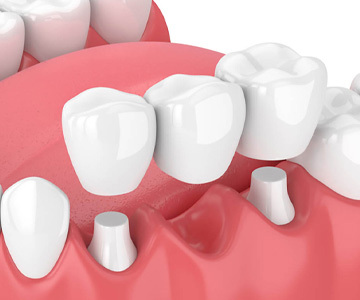
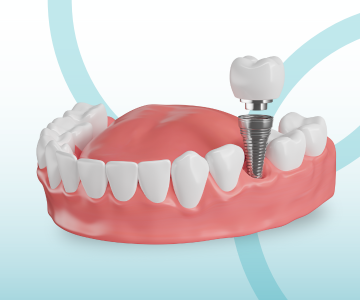
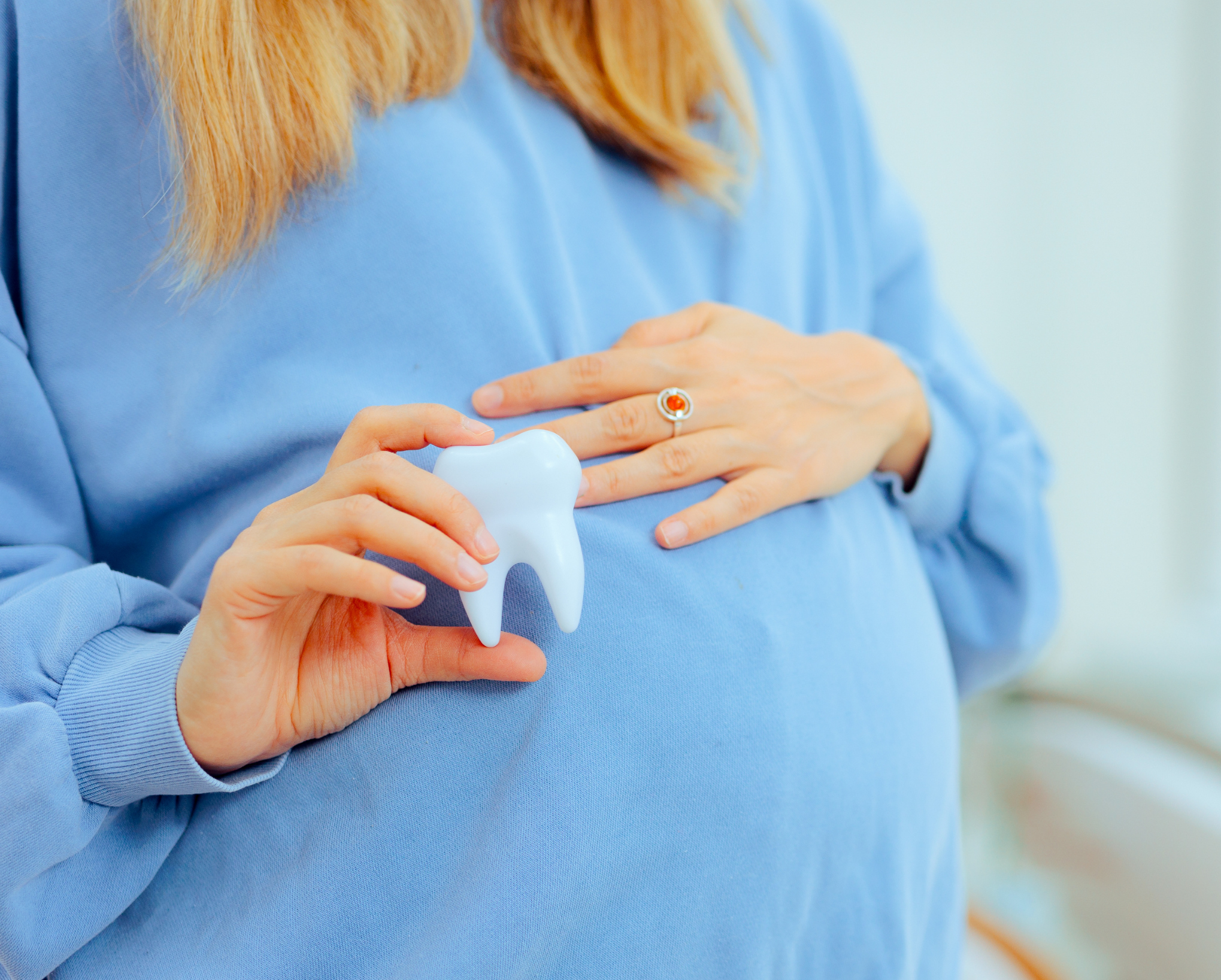
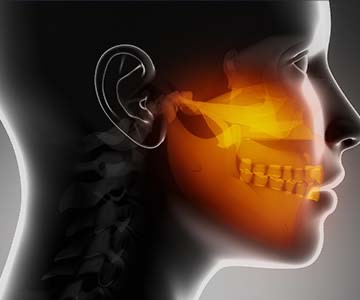
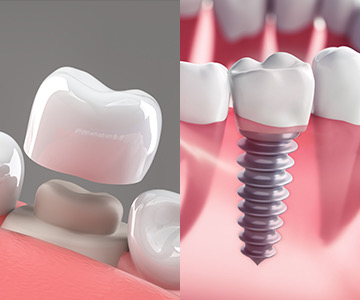
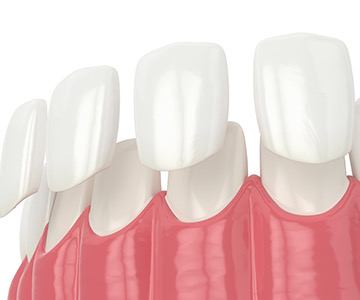
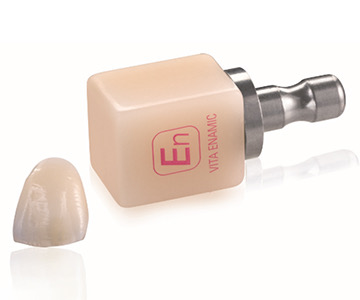

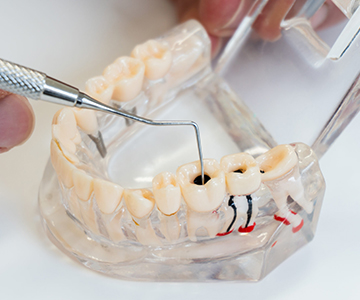
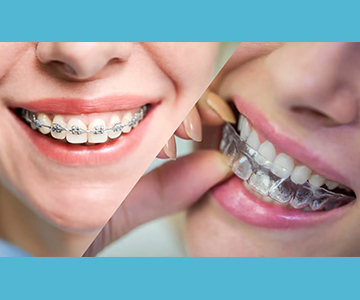
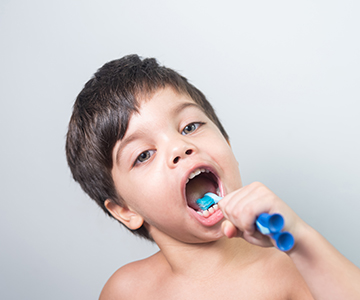
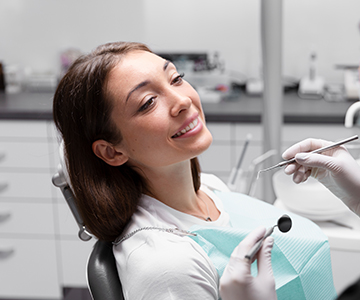
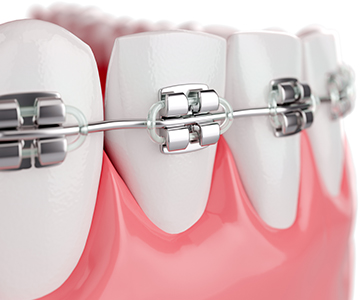
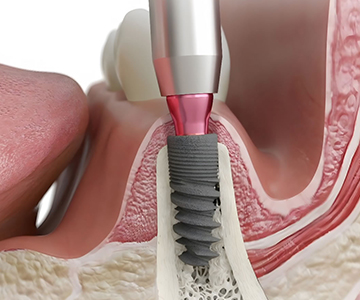
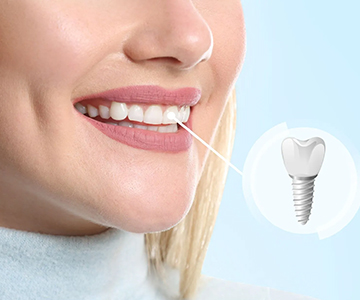
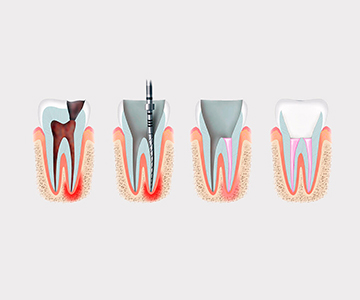
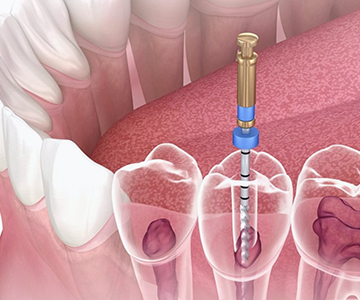
.jpeg)
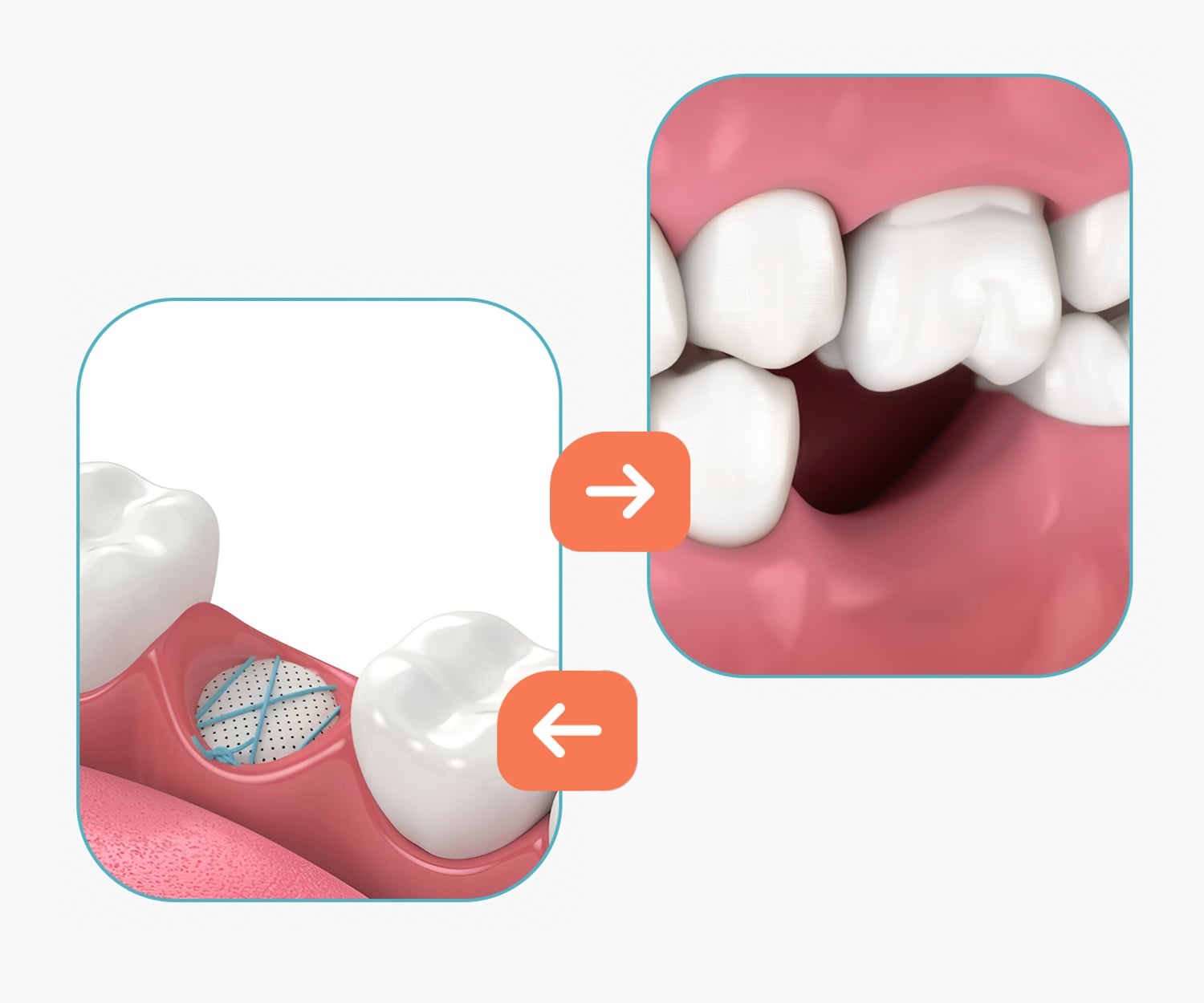
.jpeg)